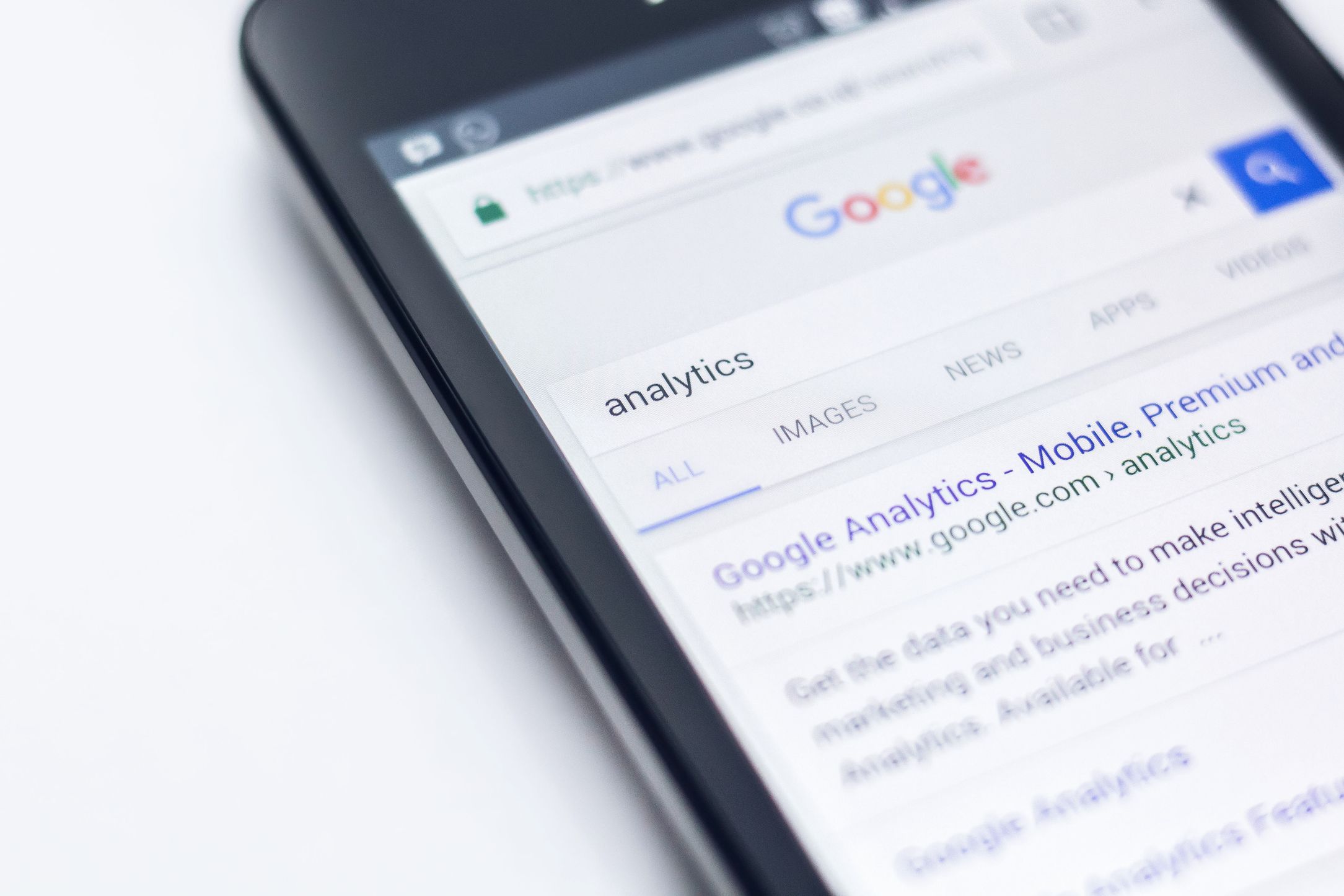The path to privacy and the importance of Google Analytics
Why is Google Analytics so important? And can we protect user data?

As a privacy first analytics tool we are always curious about the latest developments regarding user privacy, data regulations, and what our competitors are up to. Since many EU regulations are based on the business of the top most used software products, we tend to keep an eye not only on new EU regulations itself, but also on the biggest fish in the pond - Google Analytics who’s leading the market right now.
One of the critical aspects to consider when evaluating the suitability of Google Analytics is the way it collects and handles user data. While it has been a dominant player in the analytics field for years, the methods it employs to gather data have come under critical observation, raising concerns about user privacy.
How important is Google Analytics?
Google Analytics provides websites with analytics reports since 2005, and always with the highest market share. In 2022 alone, Google Analytics made up around 75% of the market share in the analytics sector alone.
And it’s no surprise that Google’s own solutions are leading the market. Since they also have the highest market share when it comes to:
- search engines: Google Search
- browsers: Google Chrome
- smartphone operating systems: Android OS
So it’s safe to say that no one understands analytics better for these products than Google themselves.
This ecosystem automatically makes Google Analytics a very important software for app, website, and mobile developers. In the past, there was almost no way of succeeding without using Google’s products. But thankfully, that changed in the recent years.
Google Analytics collects information about users, including their IP addresses, browsing habits, and interactions with websites or apps. This level of data collection can be seen as invasive by some users, and may put businesses at risk of data privacy violations. As more users become aware of the value of their personal information and the importance of protecting it, the use of tools that prioritize data protection becomes very important.
Why give Google your data in the first place?
"You don't bring coal to your energy supplier, why should you give Google your data for free?"
We admit, this analogy is a little sloppy - but please bare with us while we try explaining it in more detail. This analogy emphasizes a fundamental point about data privacy: you shouldn’t willingly provide sensitive information to third-party entities without a clear understanding of how your data will be used and protected. Just as you wouldn’t supply your energy provider with coal to generate electricity, why should you freely offer your valuable data to Google for their analytics purposes?
Google Analytics and GDPR Compliance
Google Analytics has made efforts to align with GDPR (General Data Protection Regulation), which is crucial for websites and apps targeting European users. However, being compliant with GDPR does not guarantee that user data is entirely secure or that users' rights are fully respected. Businesses using Google Analytics must actively configure and manage the tool to comply with GDPR requirements. This includes obtaining informed consent from users before collecting their data and providing clear and transparent information about data processing practices.
While Google Analytics provides options to meet these requirements, the responsibility ultimately falls on the website or app owners to implement them correctly. Failure to do so can result in legal consequences and damage to a company's reputation.
Trans-Atlantic Data Privacy Framework (TADPF) and Data Privacy Framework (DPF)
To address the concerns surrounding data privacy, initiatives like the Trans-Atlantic Data Privacy Framework (TADPF) and Data Privacy Framework (DPF) have emerged to especially guide and regulate big international companies who handle user data. These frameworks aim to establish clear guidelines and regulations for data handling, storage, and sharing while prioritizing user privacy. Google LLC does participate in the TADPF, but this does not completely clear the concerns about data collection.
This new agreement is not a law, but only an important agreement between the EU commission and the US Department of Commerce.
Companies must undergo a self-certification process in order to be listed in a database. This database can be found at dataprivacyframework.gov. The companies who successfully self-certified themselves, can specifically be searched and found here.

The Evolving Landscape of Analytics
In recent years, the landscape of analytics has been undergoing significant changes. New regulations, such as GDPR and emerging data protection laws worldwide, have forced businesses to rethink their approach to data collection and analysis. User expectations regarding privacy have also evolved, with more users seeking greater control over their data.
As a result, alternatives to Google Analytics have gained momentum. These alternatives prioritize data protection, transparency, and user consent. They offer businesses a way to gain valuable insights while respecting user privacy and complying with data protection regulations. These alternatives aim to already collect as little data as possible, making it less of a hassle for website and app developers to know which data is collected in the first place - ultimately decreasing the workload surrounding data collection.
In conclusion, while Google Analytics has long been a dominant force in the analytics sector, it is not without its drawbacks. Concerns about data collection practices and the need for businesses to take active steps to ensure GDPR compliance raise valid questions about its suitability. The emergence of privacy-first analytics solutions offers an alternative for businesses that want to understand their users without compromising data privacy. And as the analytics landscape continues to evolve, making the right choice for your business requires careful consideration of these factors.
